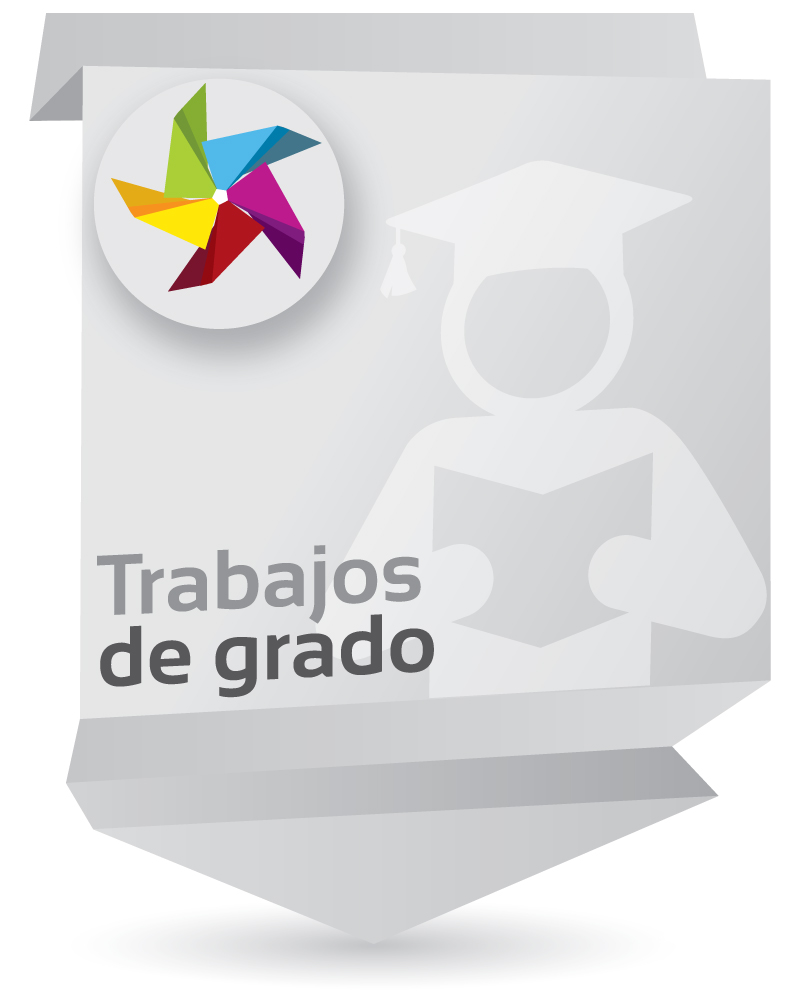A state of the art: english as a foreign language and brain-based learning in higher education
Enlaces del Item
URI: http://hdl.handle.net/10818/35117Compartir
Estadísticas
Ver Estadísticas de usoMétricas
Catalogación bibliográfica
Mostrar el registro completo del ítemAutor/es
Morales Romero, Nathalie CaterineAsesor/es
Hennig Manzuoli, CristinaFecha
2018-11-06Resumen
Due to students and teachers’ low levels of proficiency in English, the Colombian Ministry of National Education established certain levels to be achieved. Accordingly, for earning a bachelor’s degree, students of non-linguistics programs require B2, while students of language majors need B2 to C1 (based on the Common European Framework of Reference for Languages). Under these policies, higher education institutions are responsible for providing better education in English as a foreign language. To enhance education, in recent years the discoveries about how the human brain works, as well as the integration of information and communication technologies to different learning environments, have been associated with improved learning. Hence, the present article shows a review of studies in higher education, regarding the fields of English as a foreign language, brain-based learning, and the arena of information and communication technologies. The main objective of this revision is to draw findings in Colombia and around the world with the potential to shed light on how to optimize English learning of adolescents and adults studying at universities. The results indicate that proficiency can be increased with more teachers’ training in brain-based learning and information and communication technologies. Secondly, curriculum must be reformed with the participation and agreement of both academic administrators and teachers. Thirdly, teachers and students’ motivation is essential to learn better.


















